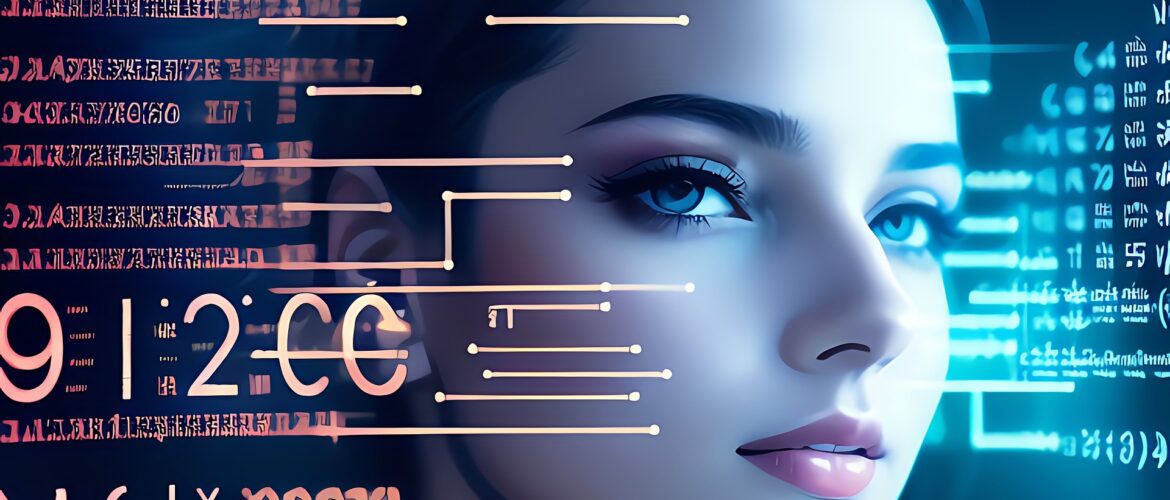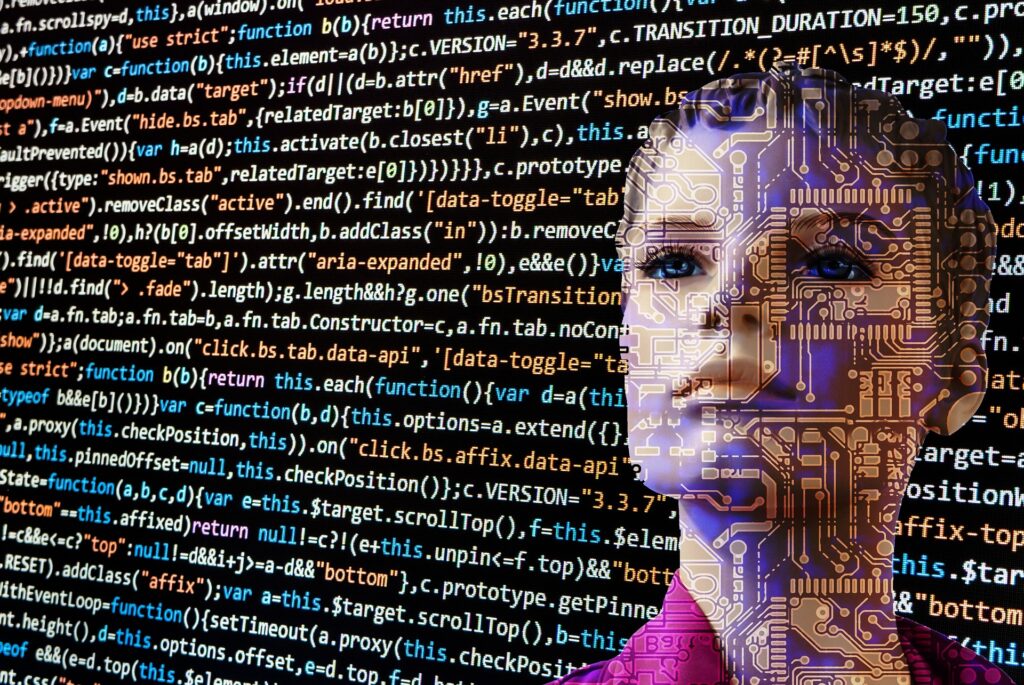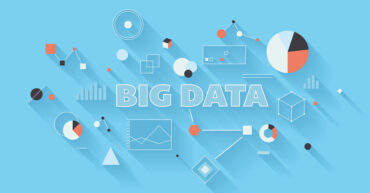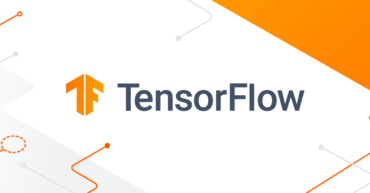AI Bots in Healthcare: The Future of Medicine
- July 30, 2023
- Posted by: Kulbir Singh
- Category: Artificial Intelligence Digitaltech Healthcare Tech

Today, we’re diving into the fascinating world of artificial intelligence (AI) and its transformative role in healthcare. More specifically, we’re going to explore the rise of AI bots and their potential to revolutionize the medical field. But before we delve into the details, let’s start with the basics.
What is an AI Bot?
An AI bot, or AI chatbot, is a software application that can converse with humans in their natural language. These chatbots are typically used in dialog systems for various practical purposes including customer service, information acquisition, or even as personal assistants. They can be found on messaging platforms, websites, and mobile apps, and they’re becoming increasingly sophisticated, capable of understanding complex requests and personalizing responses.
AI Bots in Healthcare: A New Era of Medicine
Now, let’s talk about how these AI bots are making waves in the healthcare industry.
- 24/7 Patient Support: AI bots can provide round-the-clock assistance, answering patient queries anytime, anywhere. They can provide information about symptoms, suggest basic treatments, or guide patients on when to seek medical help. This 24/7 availability can be particularly useful in emergency situations where immediate response is crucial.
- Appointment Scheduling: AI bots can streamline the appointment scheduling process, reducing the workload of administrative staff. Patients can simply state their preferred date and time, and the bot can check the availability of healthcare professionals and book the appointment.
- Medication Reminders: AI bots can send reminders to patients to take their medication on time, improving adherence to treatment plans and contributing to better health outcomes.
- Mental Health Support: AI bots can offer mental health support, providing therapeutic conversations to users dealing with stress, anxiety, or depression. While they don’t replace professional help, they can provide immediate, stigma-free support.
- Data Collection and Analysis: AI bots can collect and analyze patient data, helping healthcare providers to make better-informed decisions. They can identify patterns and trends in symptoms, track disease progression, and even predict health risks.

Real-world examples of how AI bots are being used in the healthcare field.
- Babylon Health:
Babylon Health, a UK-based digital health service provider, has developed an AI chatbot that acts as a personal health service. Users can input their symptoms into the chatbot, which uses AI to compare these symptoms with a database of diseases to provide possible explanations and suggest the next steps, which could include a virtual consultation with a doctor or a face-to-face appointment.
- Safedrugbot:
Safedrugbot is a chatbot designed to assist health professionals who need information about the use of drugs during breastfeeding. It offers information on active substances, commercial names, and possible effects on the baby. This bot is a great example of how AI can be used to provide specific, niche medical advice.
- Woebot:
Woebot is an AI-powered chatbot designed to support mental health. It uses cognitive-behavioral therapy (CBT) principles to deliver a self-help program. Through regular check-ins, Woebot helps users monitor their mood and learn about themselves, providing in-the-moment emotional support and teaching techniques to manage mood and behavior.
- Care Angel:
Care Angel is an AI-driven virtual nurse assistant that helps manage the health and well-being of aging populations. It can make check-in calls, ask about vitals, mood, pain levels, and more, and then analyze this information to provide caregivers and healthcare providers with insights about the patient’s health.
- Buoy Health:
Buoy Health’s AI chatbot is designed to help patients accurately self-diagnose. By asking a series of questions and using AI to analyze the responses, Buoy can help patients understand their symptoms and guide them to the appropriate care setting.
These examples illustrate the diverse applications of AI bots in healthcare, from symptom checking and mental health support to assisting healthcare professionals and caring for the elderly. As technology continues to evolve, we can expect to see even more innovative uses of AI bots in the healthcare field.
The Future of AI Bots in Healthcare
The potential applications of AI bots in healthcare are vast and we’re only scratching the surface. As technology advances, these bots are expected to become even more intelligent and versatile. They could play a key role in personalized medicine, tailoring healthcare to the individual needs of each patient. They could also help bridge the gap in healthcare access, providing medical information and support to remote or underserved communities.
However, it’s important to note that while AI bots hold great promise, they also pose ethical and privacy challenges. Ensuring the security of patient data and the accuracy of health information provided by these bots is paramount. As we embrace this technology, we must also address these issues to create a healthcare system that is not only advanced but also safe and trustworthy.
In conclusion, AI bots are set to play a pivotal role in the future of healthcare. They offer the potential to improve patient care, streamline healthcare operations, and enhance health outcomes. As we continue to explore and develop this technology, one thing is clear: the future of healthcare is here, and it’s powered by AI.
Autonomous vehicles, also known as self-driving cars, are like smart robots that can drive themselves without a human driver.
Big Data Analytics is like using a magical magnifying glass that helps you see what’s hidden in huge piles of data. Imagine you have a gigantic puzzle made of billions of pieces
TensorFlow is like a magical toolbox that computer wizards, also known as programmers, use to teach computers how to think and learn on their own



